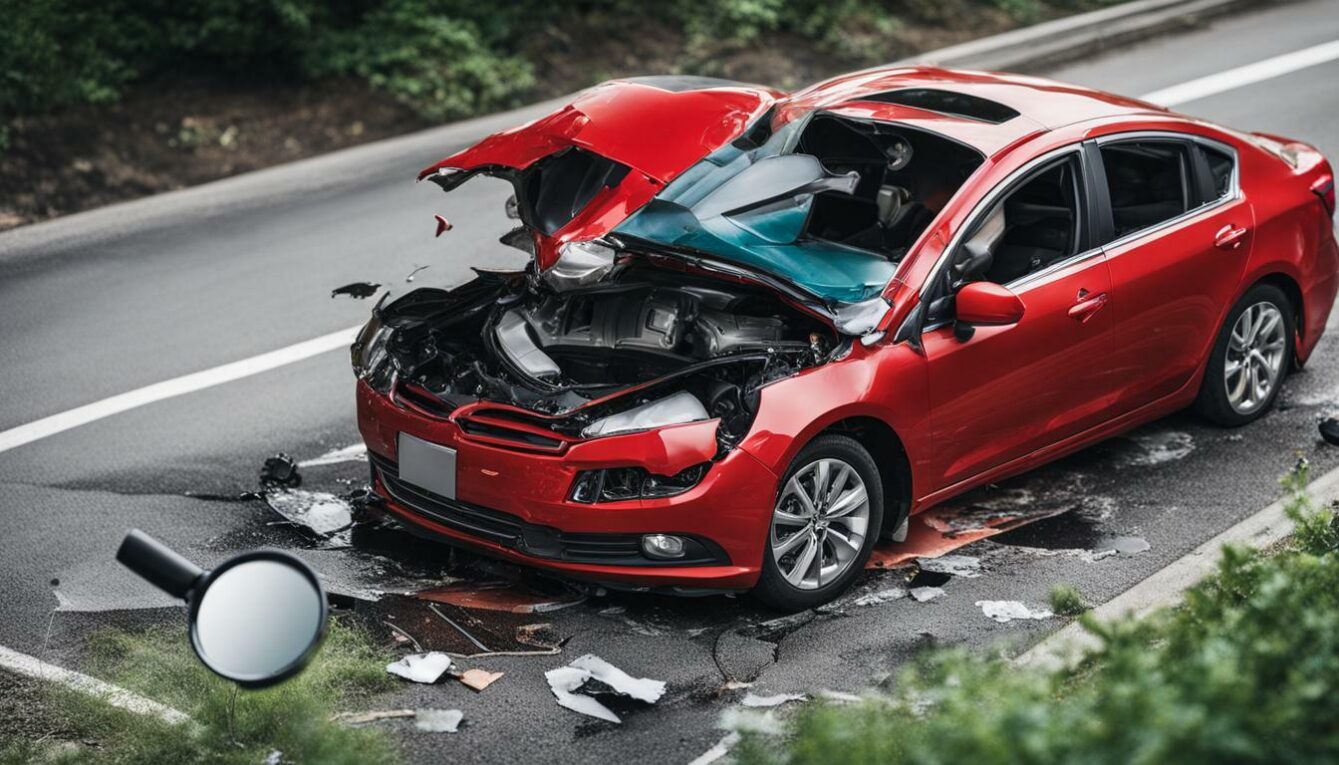When it comes to car insurance, understanding the difference between comprehensive and collision coverage is essential in protecting your vehicle effectively. Comprehensive and collision coverage are two important types of car insurance that provide protection for your vehicle in different situations. Collision insurance covers damage to your vehicle in the event of a covered accident involving a collision with another vehicle, while comprehensive insurance pays for damage caused by covered events such as theft, vandalism, or natural disasters.
Both types of coverage can be beneficial, especially if you have a high-value car, drive frequently, or live in an area prone to hazards. It’s important to consider factors such as your car’s value, driving habits, and financial situation when determining if you need both types of coverage. The cost of comprehensive and collision insurance can vary depending on factors such as location and deductible amount. If you have a car loan or lease, you may be required to have comprehensive and collision insurance. However, as your vehicle gets older and its value decreases, the cost of coverage may outweigh the potential benefit.
Ultimately, it’s important to evaluate your individual circumstances and assess the potential risks before deciding on the right coverage for your car insurance needs.
Key Takeaways:
- Comprehensive coverage pays for damage caused by theft, vandalism, or natural disasters.
- Collision coverage covers damage to your vehicle in accidents involving collisions with other vehicles.
- Consider factors such as the value of your car, driving habits, and financial situation when deciding on coverage.
- The cost of comprehensive and collision insurance can vary based on location and deductible amount.
- Assess the potential risks and evaluate your individual circumstances before making a decision.
Factors to Consider When Choosing Comprehensive and Collision Coverage
Before making a decision on your car insurance policy, it’s important to evaluate various factors that can impact the need for comprehensive and collision coverage. These types of coverage provide protection for your vehicle in different situations, so understanding your individual circumstances is crucial to determining the right coverage for you.
Car’s Value
The value of your vehicle plays a significant role in deciding whether to opt for comprehensive and collision coverage. If you own a high-value car, it’s wise to consider both types of coverage to protect your investment. In the event of an accident or covered incident, these policies can help cover repair or replacement costs, giving you peace of mind.
Driving Habits
Consider your driving habits when evaluating the need for comprehensive and collision coverage. If you frequently drive in busy areas or find yourself in situations where accidents are more likely to occur, such as heavy traffic or hazardous road conditions, having both types of coverage can provide added financial protection. However, if you rarely drive or mainly use public transportation, you may decide that the risk of an accident or covered incident is lower, which could influence your decision to have comprehensive and collision coverage.
Financial Situation
Your financial situation should also be considered when choosing car insurance coverage. Evaluate your ability to handle unexpected expenses resulting from an accident or covered incident without insurance coverage. If you would struggle to pay for repairs or replacement out of pocket, having comprehensive and collision coverage can be a smart choice. On the other hand, if you have substantial savings or can afford to cover such expenses, you may decide to skip these types of additional coverage.
Location and Deductible Amount
Location and deductible amount are additional factors to consider when deciding on comprehensive and collision coverage. Certain areas may have a higher risk of theft, vandalism, or natural disasters, making comprehensive coverage more valuable. Similarly, choosing a higher deductible may lower your insurance premium but increase the out-of-pocket costs in the event of a claim. Evaluate these factors carefully to find the right balance between cost and coverage.
By considering your car’s value, driving habits, financial situation, location, and deductible amount, you can make an informed decision on whether or not to opt for comprehensive and collision coverage. Remember, your individual circumstances are unique, so take the time to assess the potential risks and benefits before finalizing your car insurance policy.
| Factors to Consider | Comprehensive Coverage | Collision Coverage |
|---|---|---|
| Car’s Value | Recommended for high-value cars | Recommended for high-value cars |
| Driving Habits | Consideration for frequent drivers or hazardous areas | Consideration for frequent drivers or hazardous areas |
| Financial Situation | Consider if unable to cover unexpected expenses | Consider if unable to cover unexpected expenses |
| Location | Consider if in an area prone to theft or natural disasters | N/A |
| Deductible Amount | N/A | Consider if seeking lower premiums |
Conclusion
Ultimately, the decision to opt for comprehensive or collision coverage, or both, depends on your specific circumstances and risk factors in protecting your vehicle with the right car insurance coverage. Both types of coverage, comprehensive and collision, are crucial for providing financial protection for your vehicle in different situations.
Collision insurance specifically covers damage caused by a covered accident involving a collision with another vehicle. This type of coverage is essential if you frequently drive or live in an area with heavy traffic, where accidents are more likely to occur.
Comprehensive insurance, on the other hand, pays for damages caused by covered events such as theft, vandalism, or natural disasters. This coverage is particularly important if you have a high-value car or reside in an area prone to hazards such as floods or hurricanes.
When deciding whether to have both types of coverage, it’s important to consider factors such as your car’s value, driving habits, and financial situation. Additionally, your location and deductible amount can significantly impact the cost of comprehensive and collision insurance.
If you have a car loan or lease, you may be required to have comprehensive and collision coverage. However, as your vehicle ages and its value decreases, it’s important to reassess the cost of coverage and evaluate whether the potential benefits outweigh the expenses.
In conclusion, selecting the right combination of comprehensive and collision coverage requires careful consideration of your individual circumstances and risk factors. By evaluating your car’s value, driving habits, and financial situation, you can make an informed decision that provides adequate protection for your vehicle and peace of mind on the road.
FAQ
What is the difference between comprehensive and collision coverage in car insurance?
Comprehensive coverage pays for damage caused by covered events such as theft, vandalism, or natural disasters. Collision coverage covers damage to your vehicle in the event of a covered accident involving a collision with another vehicle.
Who needs comprehensive and collision coverage?
Both types of coverage can be beneficial, especially if you have a high-value car, drive frequently, or live in an area prone to hazards. However, it’s important to consider factors such as your car’s value, driving habits, and financial situation when determining if you need both types of coverage.
How much does comprehensive and collision insurance cost?
The cost of comprehensive and collision insurance can vary depending on factors such as location and deductible amount. It’s best to get car insurance quotes to determine the specific cost for your situation.
Is comprehensive and collision coverage required if I have a car loan or lease?
If you have a car loan or lease, you may be required to have comprehensive and collision insurance. It’s important to check the terms of your loan or lease agreement.
Should I keep comprehensive and collision coverage as my vehicle gets older?
As your vehicle gets older and its value decreases, the cost of comprehensive and collision coverage may outweigh the potential benefit. It’s a personal decision that depends on your individual circumstances and risk tolerance.



